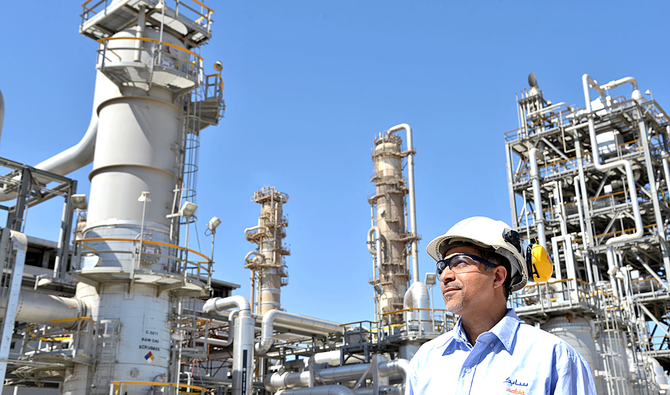Saudi chemical manufacturing company SABIC has signed a joint agreement with BASF and Linde to develop and demonstrate solutions for electrically heated steam cracker furnaces. The partners have already jointly worked on concepts to use renewable electricity instead of the fossil fuel gas typically used for the heating process. With this innovative approach focusing on one of the petrochemical industries’ core processes, the parties strive to offer a promising solution to significantly contribute to the reduction of CO2 emissions within the chemical industry.
Steam crackers play a central role in the production of basic chemicals and require a significant amount of energy to break down hydrocarbons into olefins and aromatics. Typically, the reaction is conducted at temperatures of about 850 degrees Celsius in their furnaces. Today, these temperatures are reached by burning fossil fuels. By using electricity from renewable sources, the fundamentally new technology has the potential to reduce CO2 emissions by as much as 90 percent.
BASF and SABIC have bundled their extensive know-how and intellectual property in developing chemical processes together with their longstanding experiences and knowledge in operating steam crackers, while Linde contributed with its intellectual property, expertise in developing and building steam cracking furnace technologies and driving future industry commercialization.
Yousef Al-Benyan, vice chairman and CEO of SABIC, said: “Our industry thrives on innovation and collaboration which enable us to come up with and deliver important contributions to urgent global challenges like resource efficiency and CO2 reduction. This agreement brings together the deep technical knowledge and implementation focus that can help transition energy-intensive processes within our industry to be low-carbon emitting processes. This flagship sustainability initiative forms part of SABIC’s long-term vision and climate change strategy to transform our business through the concept of circular carbon economy.”
“This technology leap will be a milestone on the path to a low-emission chemical industry. We have not only developed the world’s first electrical heating concepts for steam crackers, but also want to demonstrate the reliability of key components for use in this type of high-temperature reactors. To be able to drive a timely scale-up and industrial implementation of this technology, investment support and competitive renewable energy prices will be important prerequisites,” said Dr. Martin Brudermüller, chairman of the board of executive directors of BASF SE.
“With this project we are singling out a particular industrial CO2 producer. Cracking furnaces are one of the largest CO2 emission sources in the whole petrochemical value chain. This is a time-tested, optimized technology that we are now putting on a completely new footing, not in the laboratory, but on a large industrial scale. The effect this project will have is significant. We are proud to be part of it,” said Juergen Nowicki, executive vice president, Linde and CEO of Linde Engineering.
The partners applied for financial grants at the EU Innovation Fund and the funding program Decarbonization in Industry (new program of the German Federal Ministry for the Environment). The parties are evaluating construction of a multi-megawatt demonstration plant at BASF’s Ludwigshafen site, targeted for start-up as early as 2023, subject to a positive funding decision.
















